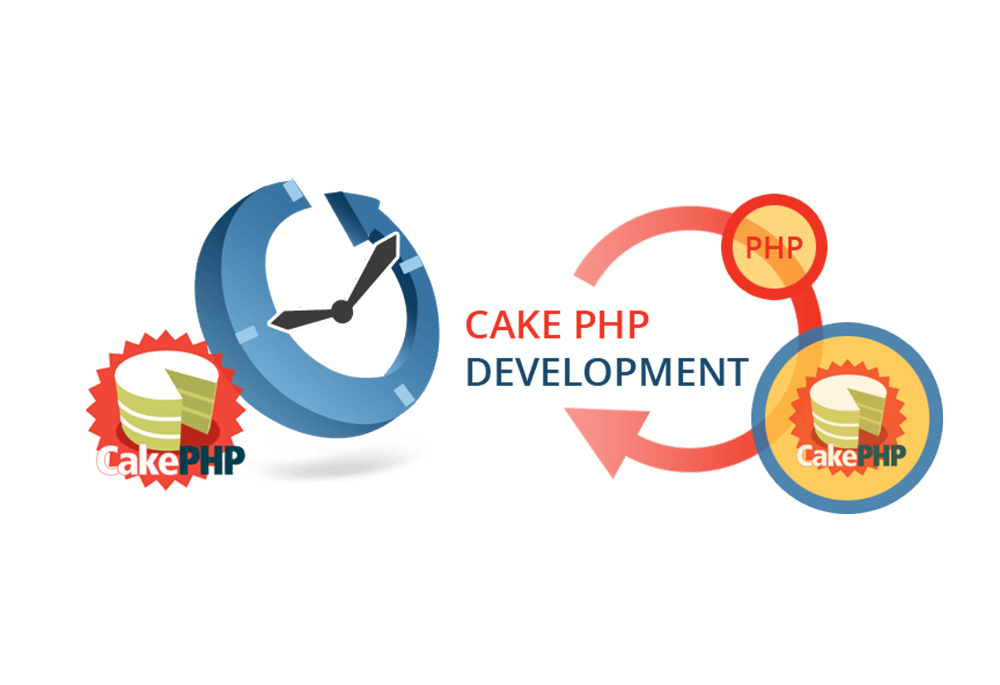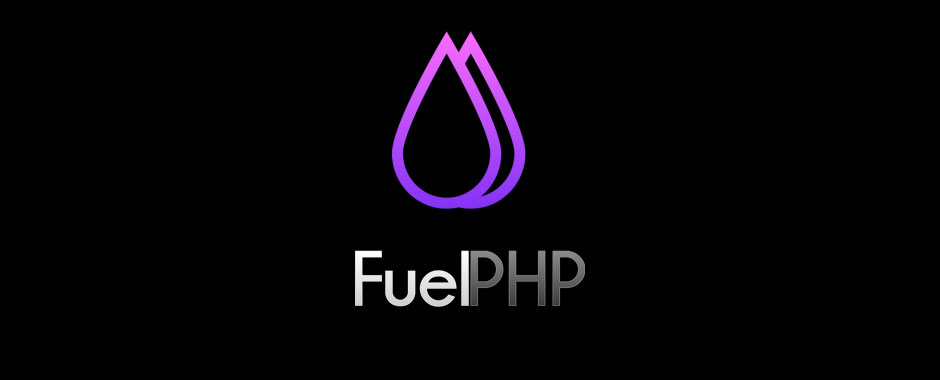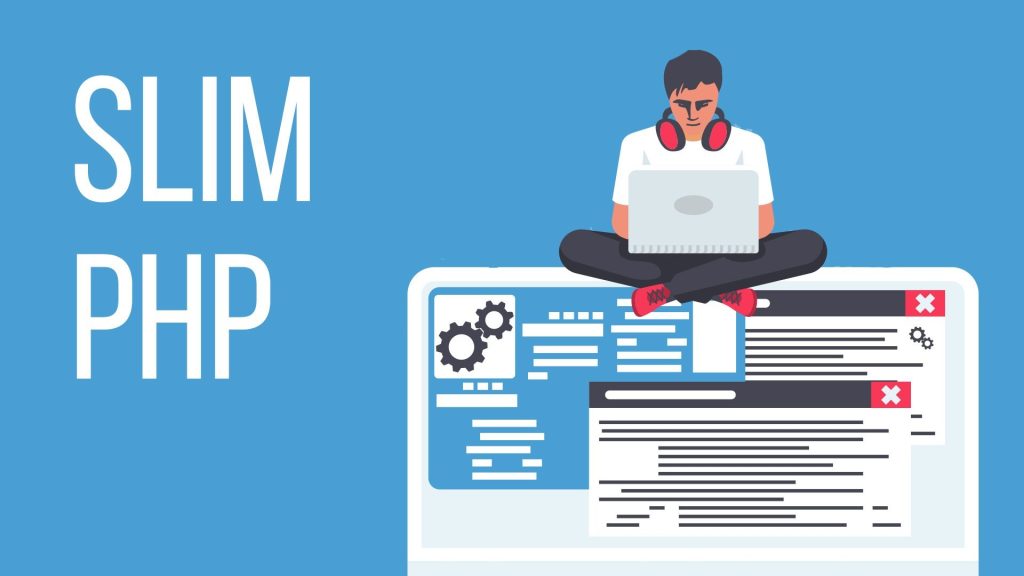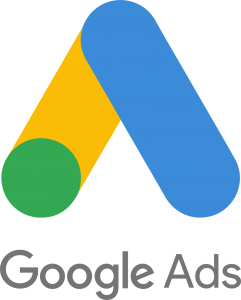Welcome to the fascinating realm of web development as we embark on a voyage to explore the most innovative PHP frameworks available in 2023. The demand for efficient, scalable, and maintainable applications has led to the evolution of various PHP frameworks that facilitate seamless web development. These frameworks come with pre-packaged sets of tools for building robust web applications. But why PHP? Well, this versatile language continues to reign in the domain of server-side scripting, providing developers with a plethora of options for making their projects successful. But not all frameworks are created equal, and choosing the best one for your project can be a daunting task. Here’s a meticulous guide to help you make an informed choice.
The Fundamentals of PHP Frameworks
Why use a PHP framework in the first place? Efficiency is the first word that comes to mind. These frameworks offer a structured and streamlined approach to web development. They remove the overhead associated with common activities, such as session management and database access. Another advantage is modularity. PHP frameworks often adhere to the MVC (Model-View-Controller) design pattern, simplifying code organization and reuse.
And it’s not just about code efficiency. A PHP platform provides security measures to safeguard against malicious activities like SQL injection and Cross-Site Request Forgery (CSRF). Therefore, by using a framework, you’re inheriting a level of security that would be time-consuming to implement from scratch.
When considering what frameworks to use, ask yourself: What are PHP frameworks? These are not mere libraries to facilitate coding; they are full-scale tools that help manage databases, server-side logic, client-side interactions, and even shape your application’s architecture.
The list of benefits is extensive. Frameworks offer libraries for input/output filtering, form validation, and more. These built-in functionalities allow developers to build applications that are both lean and powerful. Moreover, they’re community-driven. So you’re not just using a tool; you’re becoming a part of a global community of developers and experts who contribute to the framework’s ongoing improvement.

Laravel: The Artisan’s Choice
Ah, Laravel, the darling of the PHP world. It’s no hyperbole to say that Laravel has revolutionized the PHP MVC frameworks space with its elegant syntax and plethora of features. Right from routing, caching, and security, Laravel has you covered. The eloquent ORM is another gem, offering an active record implementation to work with databases beautifully.
When diving into Laravel, you’ll notice Blade, its templating engine, which allows you to write code that’s not just functional, but also beautiful. By incorporating an elegant syntax for common tasks like authentication and routing, Laravel enhances code readability, making your project easily maintainable in the long run.
One of the framework’s striking features is its robust ecosystem, which includes tools like Vapor for serverless deployment and Forge for server management. A Laravel application is a well-oiled machine, where every part works in unison to create a harmonious whole.

Symphony: The Harmonic Framework
The Symphony framework has often been the go-to choice for complex enterprise-level applications. Offering a set of reusable PHP components, it provides the building blocks required to construct applications of any size or complexity. Symphony is, in essence, a backend framework PHP has grown proud of.
Compliance with PHP standards is one area where Symphony shines, adhering to the PHP Standard Recommendations (PSRs) for maximum interoperability. This approach ensures that the codebase remains modular and can integrate with other libraries seamlessly.
Perhaps one of the most enticing features of Symphony is its flexibility. Developers have the freedom to choose the software components they need. So, if you’re already halfway through a project and realize Symphony offers a tool that could help, you can incorporate just that specific component without revamping the whole codebase.

Yii: The Fast and Furious
If performance is your primary concern, Yii could be the perfect fit. It’s not just fast; it’s one of the fastest PHP frameworks available. Often considered the best lightweight PHP framework, Yii is optimal for high-performance applications such as forums, portals, CMS, and more.
Yii excels in its easy-to-use, straightforward setup, which is perfect for small to medium-sized projects. But don’t let that fool you; it has robust features like MVC, DAO/ActiveRecord, and out-of-the-box support for AJAX.
One striking feature is its lazy loading technique, which dramatically improves performance. This is crucial for projects with a broad set of functionalities, but only requires a subset to be loaded at any given time.
While Yii provides robust security measures, it also offers a flexible hierarchy of role-based access control (RBAC). This makes it easier for large teams to manage resources, permissions, and data.

Zend Framework: The Extensible Giant
The Zend Framework, often known as Laminas Project after its rebranding, is a robust and fully-featured framework suitable for complex projects. It serves as a comprehensive PHP platform with a myriad of components that can be used individually or together.
Scalability is one of Zend’s strong suits, allowing you to integrate other libraries with ease. With its modular approach, you can use only the components you need. This way, you aren’t weighed down by features that aren’t relevant to your project.
What sets Zend apart is its support for various databases like PostgreSQL, SQLite, and more. It’s a fitting choice for projects requiring complex database architectures.
Another hallmark is its extensive collection of validation components. You can ensure data integrity and security without breaking a sweat, thanks to its wide array of validation options.

CakePHP: The Rapid Development Maestro
Having been around for more than a decade, CakePHP is a veteran in the PHP framework landscape. Often compared to Ruby on Rails for its rapid development capabilities, it has proven to be an enduring popular PHP framework.
With CakePHP, you get the benefit of a rich feature set right out of the box. This includes everything from database access, caching, validation, and translation, among others. The idea is to streamline the development process, cutting down the time and effort needed to launch your web application.
Another advantage of CakePHP is its scaffolding feature, which automatically creates a basic CRUD (Create, Read, Update, Delete) interface for database interactions. This is particularly useful in the early stages of development, where you can test your logic without having to worry about the front-end.
In terms of security, CakePHP has your back. With built-in tools for SQL injection prevention, CSRF protection, and input validation, the framework offers a robust set of options to ensure that your application is secure from potential threats.
When you compare PHP frameworks, CakePHP stands out for its ease of use and rapid development capabilities. It is highly recommended for developers who are keen on speeding up the development cycle without sacrificing functionality or security.

CodeIgniter: The Lightweight Champ
CodeIgniter, often hailed as the best lightweight PHP framework, offers a minimal footprint with maximum performance. Weighing in at just 2MB, including documentation, CodeIgniter can be up and running in a jiffy.
One of CodeIgniter’s most appealing aspects is its simplicity. With no restrictive coding rules and a straightforward installation process, CodeIgniter is incredibly beginner-friendly.
Despite its simplicity, it doesn’t skimp on features. It offers a rich set of libraries for common tasks, a straightforward interface, and logical structure to access these libraries. This makes it extremely viable for dynamic web applications that need to be built quickly.
When it comes to performance, CodeIgniter is a force to be reckoned with. It loads extremely quickly and enables developers to build and render web pages with low latency and high speed. This level of performance is hard to match in the PHP framework landscape.

Phalcon: The C-Extension Marvel
Phalcon brings something unique to the table. It’s a PHP framework delivered as a C extension, which means it’s extraordinarily fast. So fast, in fact, it’s in a league of its own when talking about performance.
Phalcon is feature-rich, offering everything from routing and caching to security and templating. However, its most striking feature has to be its speed. Being based on C, the framework operates at an unprecedented pace, offering a performance that can transform web applications.
An interesting feature of Phalcon is its Volt template engine. It’s highly performant and allows developers to write very clean and maintainable code. This is a boon for teams that have varying levels of expertise, as it enables easier code comprehension and modification.
Security is another feather in Phalcon’s cap. With robust features like encryption, CSRF, and XSS protection, Phalcon provides an impenetrable shield for your web applications.

FuelPHP: The Modular Innovator
FuelPHP is relatively new, but it has already carved a niche for itself in the world of PHP frameworks. It’s highly modular and extendable, making it a fantastic choice for advanced developers who want to build intricate and customized applications.
Out-of-the-box, FuelPHP offers features like URL routing, caching, and form and RESTful API building. This is in addition to the typical MVC framework features that most PHP frameworks offer.
What sets FuelPHP apart is its HMVC (Hierarchical Model-View-Controller) implementation. This allows for more reusable, modular code, and simplifies the presentation layer, making your application more robust and scalable.
Another major advantage is security. FuelPHP comes with built-in features for input and URI filtering, and output encoding, providing a robust set of options for building secure applications.

Laminas: The Enterprise-ready Framework
Formerly known as Zend Framework, Laminas is now a project under the Linux Foundation. This enterprise-ready framework is known for its high-performance MVC implementation and a modular approach that uses Composer package dependency manager.
It’s one of those frameworks where almost every component is customizable. It’s often used in complex projects that require a backend framework PHP professionals can rely on for scalability and robustness.
Laminas also has a middleware runtime for executing PSR-7 middleware, an excellent addition for developers looking to create robust APIs. The framework also shines in data encryption and decryption, making it a prime choice for projects that require top-notch security.
Given its enterprise nature, Laminas comes with features like OAuth 2.0 servers and an MVC layer designed to build scalable and secure web applications. The learning curve might be steep, but the trade-off is a flexible and robust PHP framework suitable for enterprise-level projects.

Slim: The Micro-Framework Prodigy
Last, but certainly not least, we have Slim, often considered the new PHP framework even though it’s been around for some time. Slim is a micro-framework, meaning it provides the bare minimum to get an application up and running.
Micro-frameworks are usually not suited for full-fledged applications, but Slim is an exception. It offers a robust set of tools and utilities for crafting high-quality web applications and APIs.
Despite its minimalist nature, Slim doesn’t cut corners when it comes to features. It supports all HTTP methods, middleware, and even PSR-7 standards, which make it versatile enough to tackle a range of projects.
Being a micro-framework, Slim is incredibly fast. It is an excellent choice for small to medium-sized applications, where performance is a crucial factor.

Conclusion
The world of PHP frameworks is as diverse as it is innovative. Each framework brings its unique set of advantages to the table, catering to various project requirements and developer preferences. Whether you’re in search of the most popular PHP framework or the best lightweight PHP framework, the market is ripe with options that offer both performance and flexibility.
Choosing the right framework can dramatically impact the quality, scalability, and sustainability of your web application. Therefore, it’s essential to weigh the pros and cons carefully, considering factors like ease of use, community support, and long-term viability.


